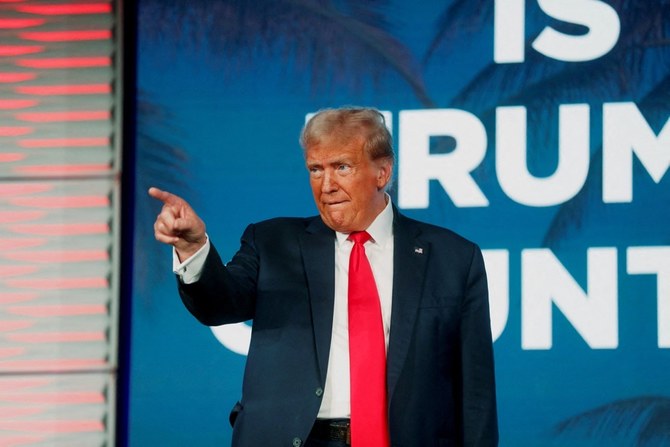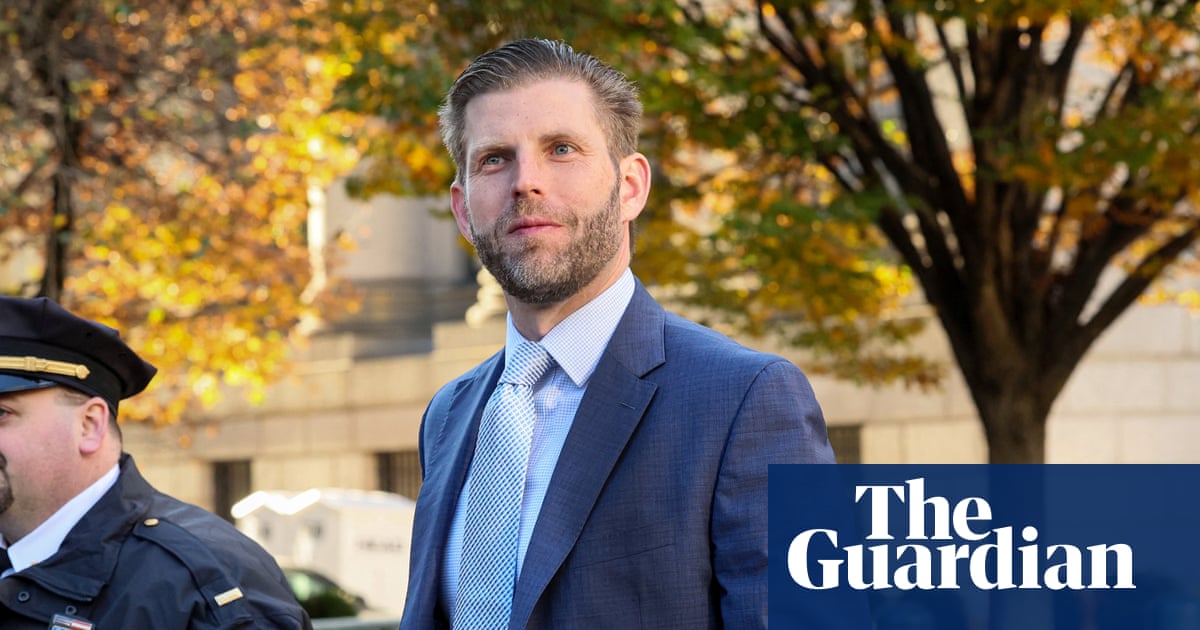
The US national security adviser said a CIA official tasked with briefing the president decided not to tell him about reports that Russia paid bounties to the Taliban for killing American soldiers because it was “unverified intelligence”.
The claim from Robert O’Brien came as top members of the administration gave differing accounts on the status of intelligence reports on Russian bounty payments, and why Trump had not taken action in response, but had repeatedly pressed to re-admit Russia to the G7 club of nations.
Trump himself continued to suggest that the allegations of Russia paying Taliban fighters to kill Americans were a “hoax”.
It has been reported that the intelligence was included in the written presidential daily brief (PDB) given by the CIA. O’Brien appeared to suggest it had not been included in verbal briefings given to Trump.
“The president’s career CIA briefer decided not to brief him because it was unverified intelligence,” O’Brien told Fox News, adding: “She made that call and, you know what, I think she made the right call, so I’m not going to criticize her. And knowing the facts that I know now, I stand behind that call.”
O’Brien was severely criticised for putting the blame for a major policy issue on a relatively junior CIA official.
“This is the same scapegoating play that the White House ran in the coronavirus context – blaming Trump’s intelligence briefer for something that is chiefly and fundamentally a failing of the White House staff,” said Ned Price, a former CIA analyst and national security spokesman.
He added: “We now know that the information was included in Trump’s written PDB, which is how the intelligence community regularly flags items that the President needs to know. Nothing in the PDB is discretionary; everything in that short document is in there because – in the estimation of the intelligence community – the president needs to know it to fulfill his charge.”
Intelligence experts have also pointed out that intelligence routinely briefed to the president is rarely “verified”, but presented with varying degrees of confidence.
Trump continued to insist he had not been told, and questioned the veracity of the reports.
“From what I hear, and I hear pretty good, the intelligence people – many of them – didn’t believe it happened at all,” the president told Fox News. “I think it’s a hoax. I think it’s a hoax by the newspapers and the Democrats.”
Meanwhile, Mike Pompeo, the secretary of state, insisted that the Russian threat in Afghanistan was real and had been properly addressed, implying the president had been kept informed.
“We took this seriously; we handle it appropriately,” Pompeo, a former CIA director, told reporters. “The president has been consistently aware of the challenges that Russia presents to us and he is aware of the risk in Afghanistan.
“It’s why we have spent so much time over this past year at the president’s direction to reduce risk to our forces in Afghanistan in a way no previous administration has done.”
Pompeo said it was up to the president whether to invite Russia to meetings of the G7 group of major industrialised democracies, but added: “I think it is wholly important and appropriate for the United States to continue to have dialogue with the Russians to convince them to change some of the activities that are inconsistent with what it is the United States needs to do to preserve security and freedom for its own people.”
A former senior US official confirmed to the Guardian that reports of Russian bounties were circulating inside the White House before the summer of 2019, and raised concern, but at that point had not been fully corroborated.
The official said that more detailed information had surfaced since then, but added it was likely that president had ignored the news as it conflicted with his desire to cultivate good relations with Vladimir Putin.
“He doesn’t like hearing bad news about all kinds of things, unless he’s forced to,” the former senior official said.
CNN cited former officials on Wednesday as saying Trump’s resistance to intelligence warnings about Russia led his national security team, including those who delivered the PDB to brief him verbally less often on Russia-related threats to the US.
A former Taliban spokesman, Mullah Manan Niazi, told the Daily Beast: “The Taliban have been paid by Russian intelligence for attacks on US forces - and on Isis forces - in Afghanistan from 2014 up to the present.”












